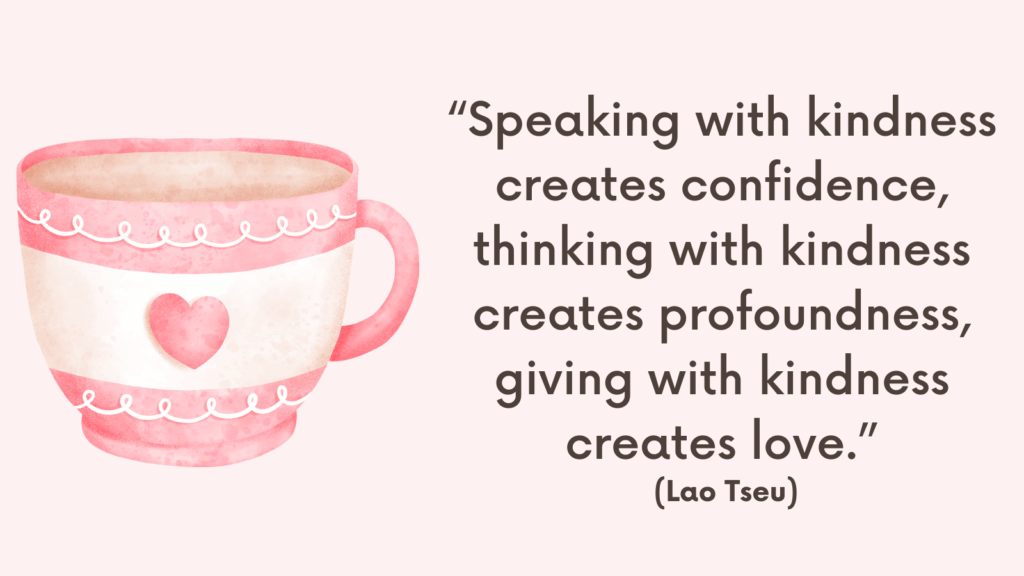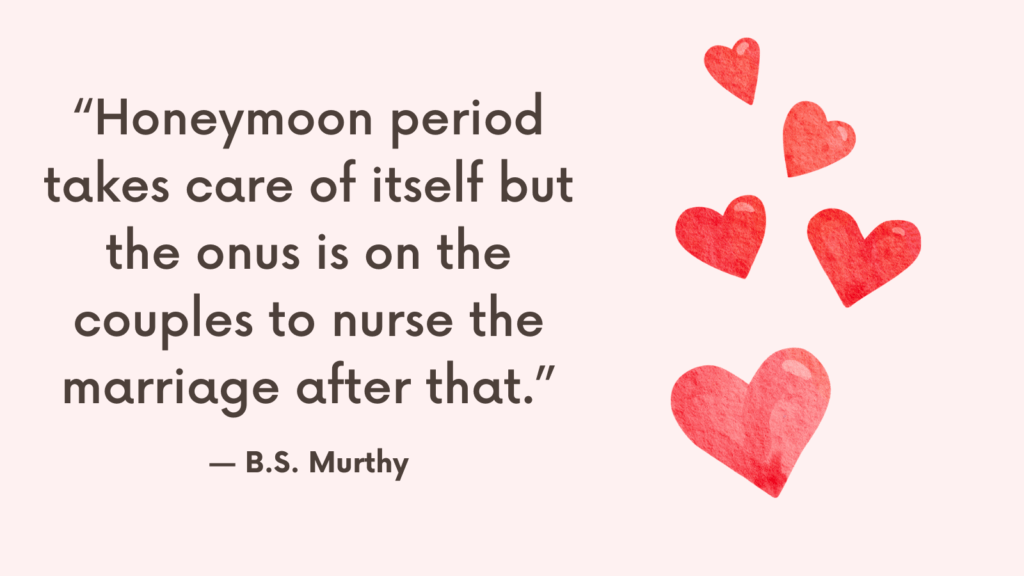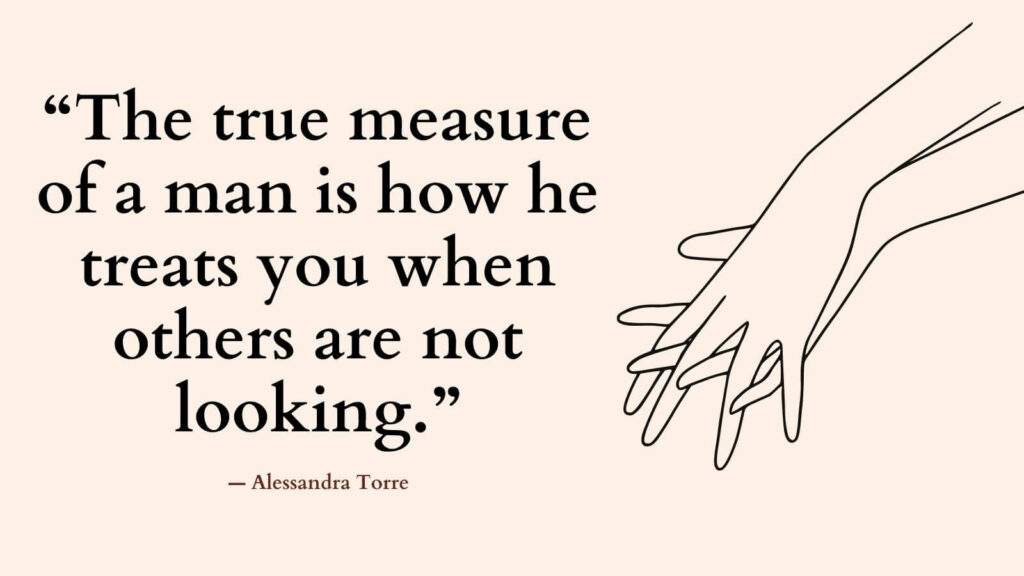This post contains some of the best ice breaker questions for dating to help you get to know the other person.
Ice Breaker Questions For Dating
1. What are you best known for among your friends?
2. Are you a morning person or a night owl?
3. Are you more of an indoors or outdoors person?
4. Do you prefer to work in a team or alone?
5. How much personal space do you need to be comfortable?
Related: Best 12 First Month Of Dating Tips – According To Science
6. If you could have the answer to any one question, what question would you want the answer to?
7. If you knew you were going to die in a year, what would you change about how you live?
8. What are people often surprised to learn about you?
9. What accomplishments are you really proud of?
10. What are some movies you really enjoyed?
11. What are you kind of obsessed with these days?
12. What are you looking forward to that’s happening soon?
13. What are you most grateful for?
14. What are your top favorite things to talk about?
15. What do you care least about?
16. What do you do to unwind?
17. What do you like but are kind of embarrassed to admit?
18. What do you never get tired of?
19. What has been the best period of your life so far?
Related: Dating With Intention: What Does It Mean & How To Do It?
20. What hobbies would you like to get into if you had the time and money?
21. What nicknames have you had throughout your life?
22. What says the most about a person?
23. What social situations do you try to avoid most?
24. What took you way too long to figure out?
25. What was the last book you really got into?
26. What were some of the turning points in your life?
27. What would be your dream job?
28. What would you do if had enough money to not need a job?
29. What would you do with the extra time if you never had to sleep?
30. What would your perfect vacation look like?
31. What wrong assumptions do people make about you?
Related: Am I Ready To Be In A Relationship Quiz (+Best Dating Tips For Women)
32. What’s getting worse and worse as you get older? What’s getting better and better as you get older?
33. What’s something you’re interested in that most people wouldn’t expect?
34. What’s the worst advice someone has given you?
35. What’s your favorite quote or saying?
36. What’s your favorite thing to do indoors? How about outdoors?
37. When you were a kid, what seemed like the best thing about being a grown up?
38. Where would you move if you could move anywhere in the world and still maintain a reasonable standard of living?
39. Who besides your parents taught you the most about life?
40. Who is the most fascinating person you’ve met?
41. What are you currently worried about?
42. What’s the best thing you’ve got going on in your life at the moment?
43. If you could start a charity, what would it be for?
44. What is the most amazing fact you know?
Related: Top 10 Emotional Boundaries In Dating You Should Set From The First Date
45. How into self-improvement are you?
46. What topic could you give a -minute presentation on without any preparation?
47. What are some of your guilty pleasures?
48. What kind of challenges are you facing these days?
49. Do you think you have a good work-life balance? Why or why not?
50. What motivates you?

Are Dating Apps Worth It?
The Knot is a popular wedding resource that has helped over 25 million newlyweds plan their big day. Every year, The Knot surveys more than 10,000 of its newlyweds to find trends in their dating and engagement experience.
In 2019 the survey made headlines by proclaiming that about 22% of newly married respondents said they met their partner online, making online dating the most popular way to meet a spouse.
A seven-year study funded by the University of Chicago in 2005 found that marriage breakups were reported among 6% of couples who met online and 7.6% of couples who met offline.
The researchers also found that marital satisfaction was slightly higher among the couples who met online than those who met offline.
FREE Emotional Intimacy Prompts
Why Use Ice Breaker Questions For Dating?
Using icebreaker questions in dating can have several benefits:
1. Easing nervousness
Dating can often be accompanied by anxiety or nervousness, especially during the initial stages.
Icebreaker questions provide a lighthearted and non-threatening way to start a conversation, helping to alleviate tension and create a more comfortable atmosphere for both individuals.
2. Promoting engagement
Icebreaker questions encourage active participation from both parties. By offering an interesting and unique question, you invite your date to share their thoughts, experiences, and perspectives.
This promotes engagement and allows you both to get to know each other better.
3. Breaking the ice
The purpose of icebreaker questions is to break down barriers and establish a connection.
They help to move beyond small talk and dive into more meaningful and authentic conversations.
This can foster a deeper level of understanding and create a stronger bond between you and your date.
Related: Dating A Highly Sensitive Woman [Ultimate Guide]
4. Showing interest
By asking icebreaker questions, you demonstrate genuine interest in your date.
This can make them feel valued and appreciated, leading to a positive impression and a sense of being heard and understood.
5. Sparking conversation
Sometimes, finding common ground or initiating a conversation can be challenging.
Icebreaker questions provide a starting point that can lead to more extensive discussions.
It helps keep the conversation flowing and avoids awkward silences.
Related: Dating A Divorced Man? The Ultimate Guide to Deal With Challenges of Dating a Divorced Man
Conclusion
Choosing appropriate icebreaker questions is essential.
They should be light-hearted, respectful, and considerate of your date’s comfort levels. Reflect on their responses, actively listen, and engage in active conversation to build rapport.
References
- Americans’ Views on Dating and Relationships | Pew Research Center
- The science of online dating – PMC (nih.gov)
- Modern Love: Scientific Insights from 21st Century Dating – Association for Psychological Science – APS



